Perspectives
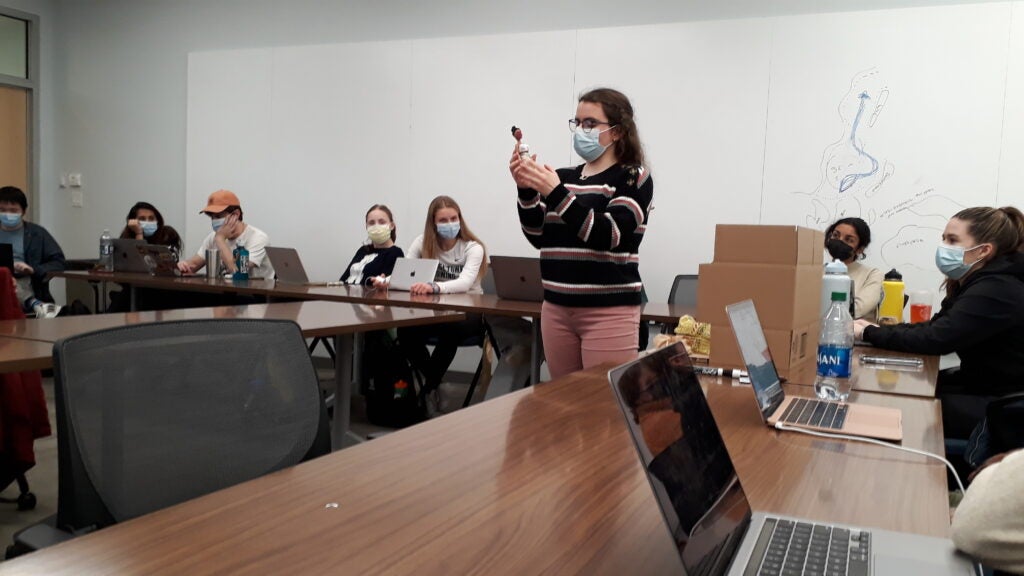
We are delighted to share trainee perspectives on the meaning of the Medical Humanities to their intellectual and personal lives.
Trainee Perspectives

Vinayak Jain (MWHC IM Residency ‘24)
Working with the Medical Humanities Initiative has been one of the highlights during my time as a resident. Having trained in the largest safety net hospital in DC, I’ve had the opportunity to serve patients facing not just complex medical illnesses, but also challenging socio-economic situations. Providing medical care to persons experiencing homelessness, food insecurity, linguistic barriers, uninsured or undocumented statuses has strengthened my belief on the need for medicine to address the structural barriers impacting our patients.
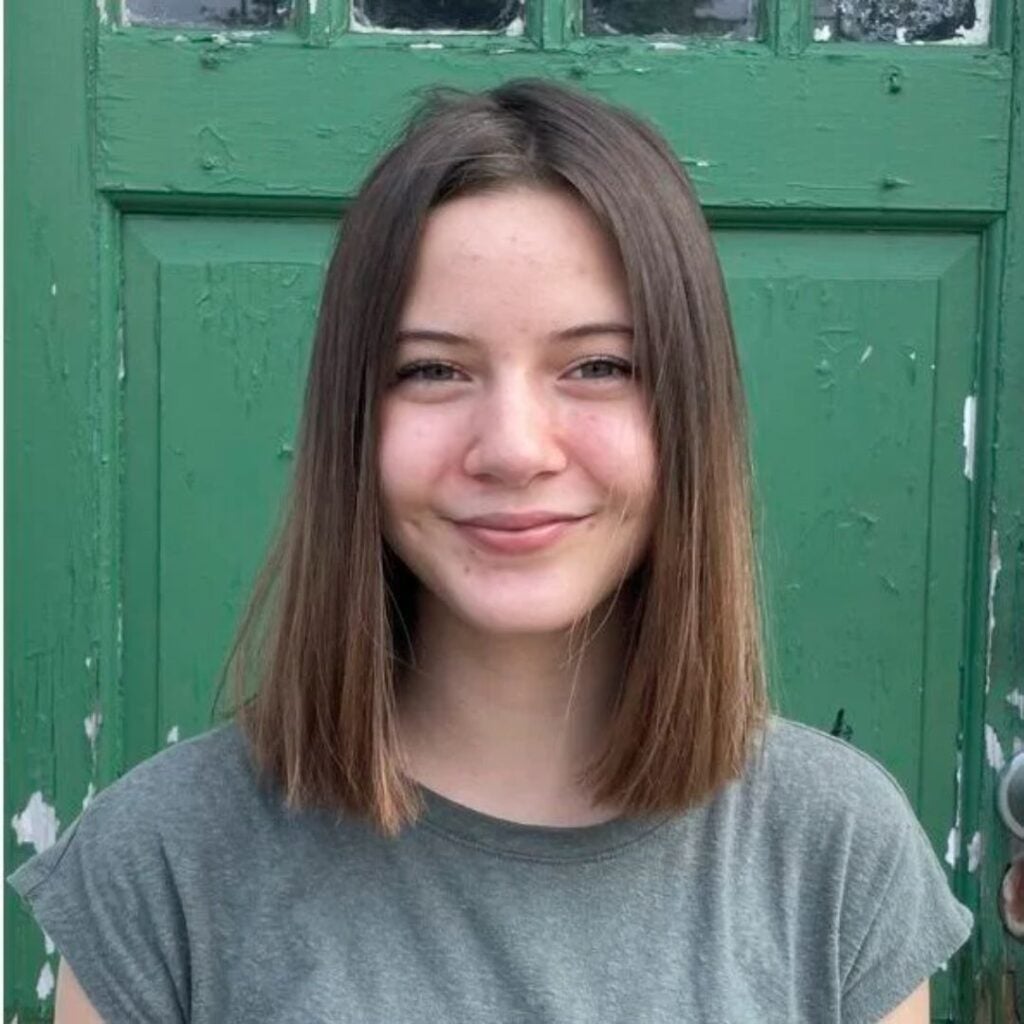
Ella Castanier (CAS’24)
History Major
Medical Humanities Minor
I was struck by how medicine permeates every aspect of the human experience, and the relevance of studying the health humanities whether one is a patient or practitioner. Since then, the MHI has provided me with exceptional mentorship, allowed me to perform independent research, and supported me when presenting at conferences.
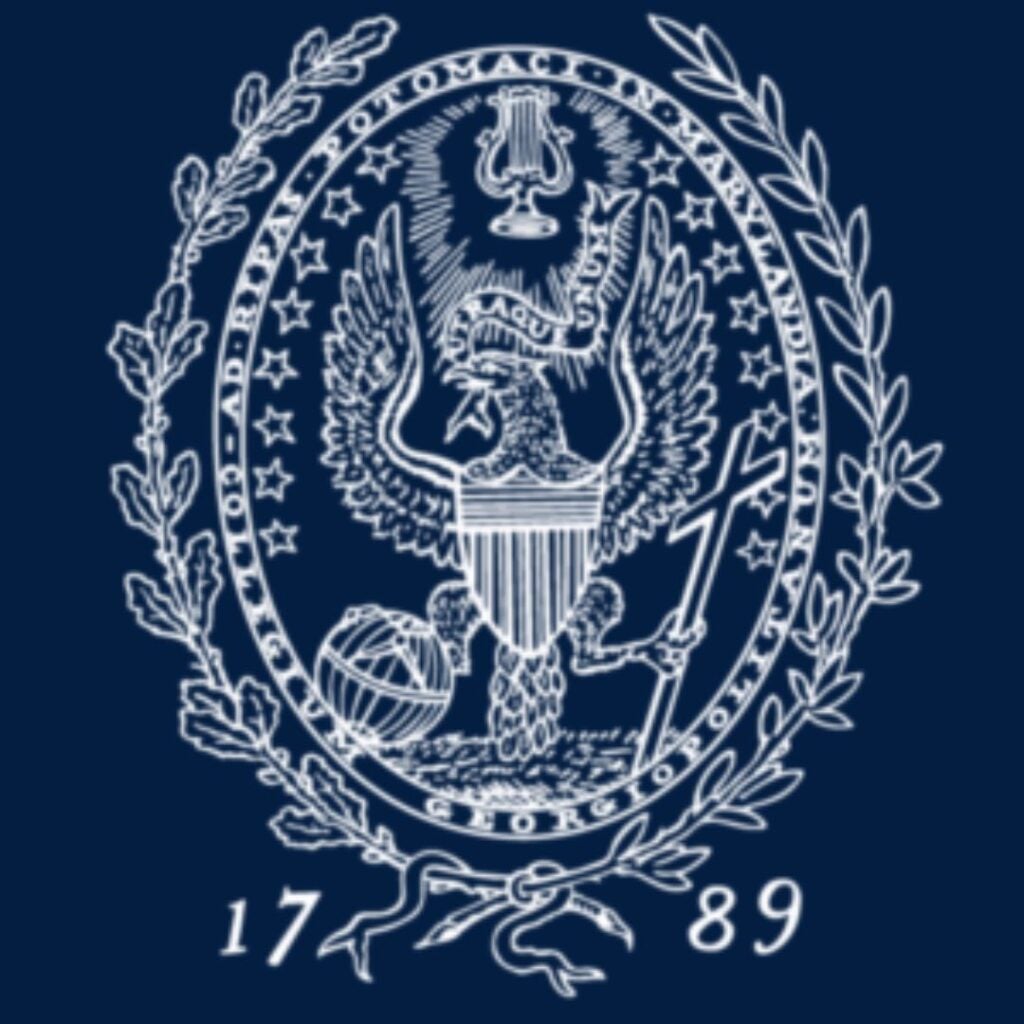
Schuyler Gaillard (SOM’24)
The medical humanities shape us, inform how we practice medicine and how we approach our patients, and impact medicine at all levels including socioeconomic, political, personal, and spiritual.
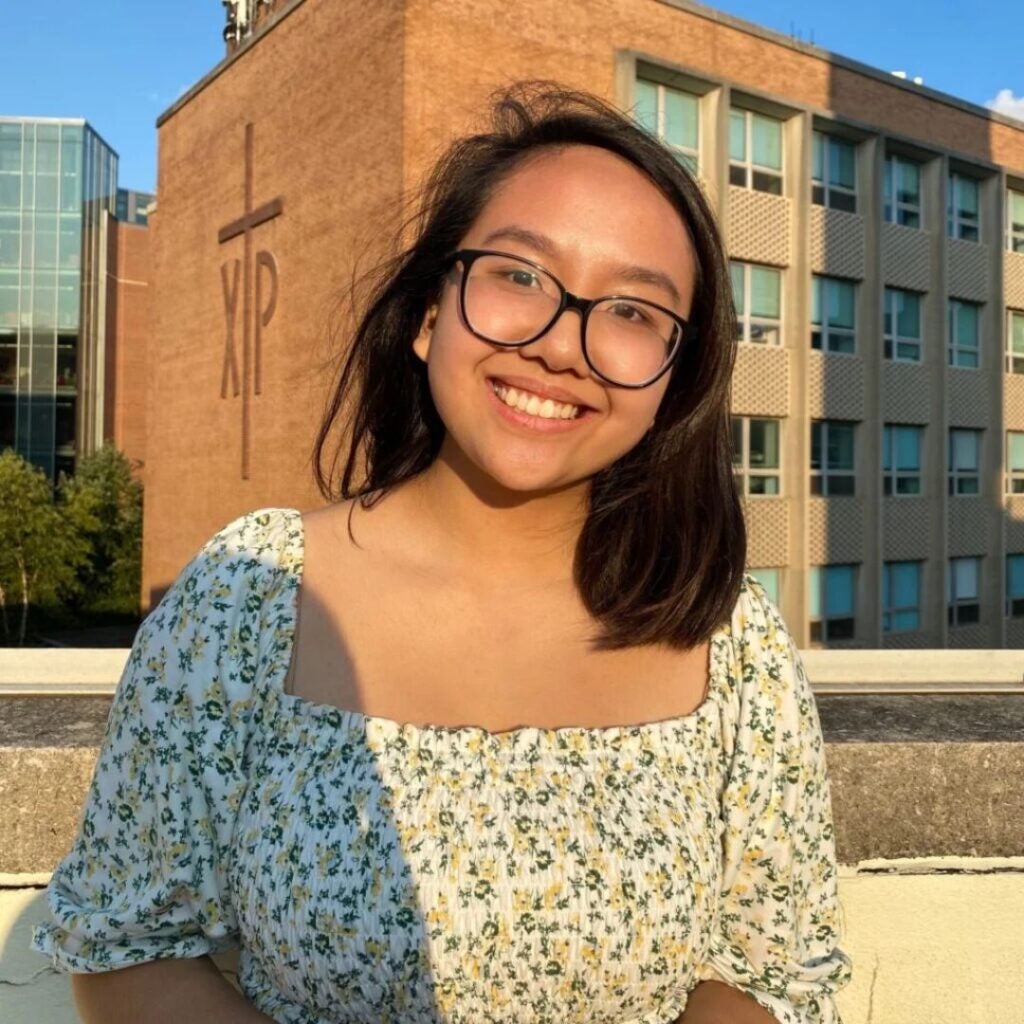
Angelette Pham (CAS’24)
Biochemistry Major
Medical Humanities Minor
What I love most about the medical humanities is its focus on the human in medicine. It investigates medicine in the context of the people both giving and receiving care. I think this perspective on medicine is crucial to providing more holistic and just care moving forward, a passion I hope to pursue in my career as I continue to be a student of the medical humanities.
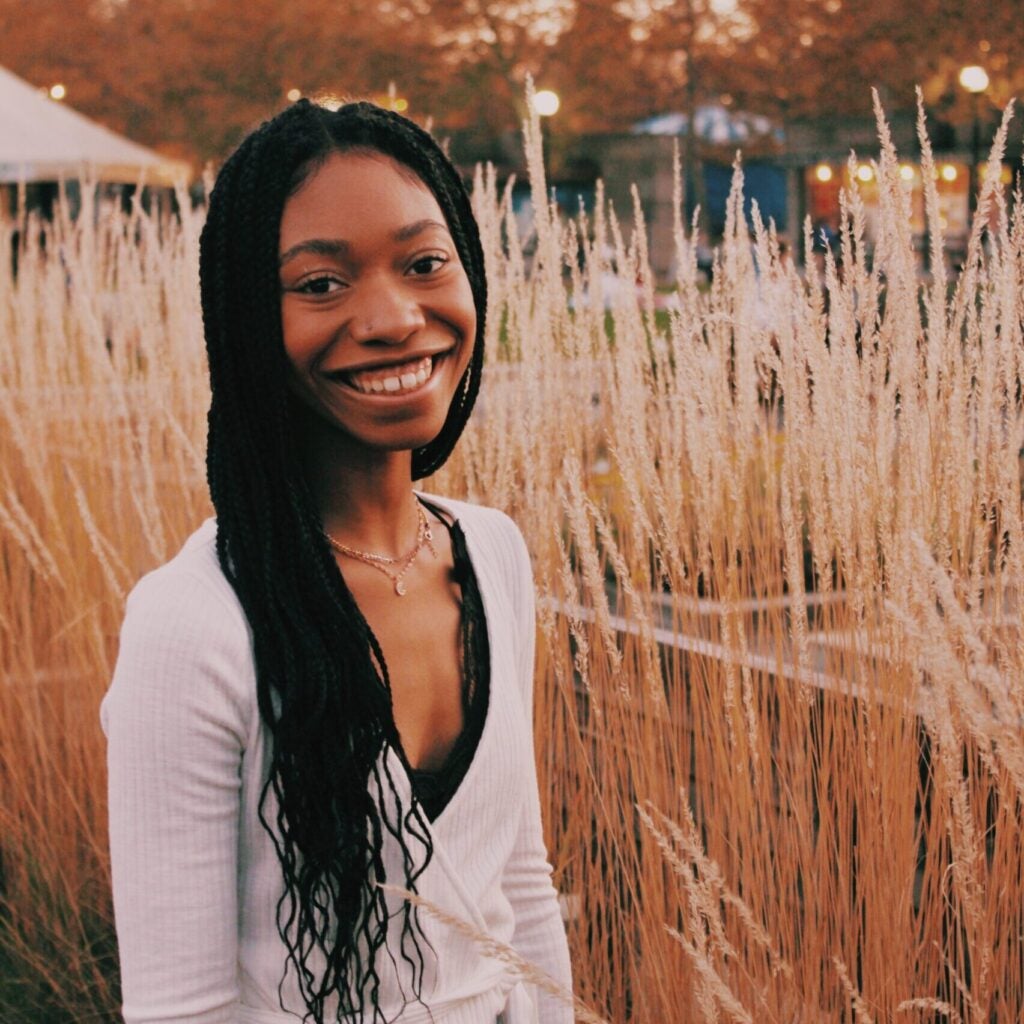
Bilquisu Abdullah (CAS’25)
Women and Gender Studies Major
Medical Humanities Minor
Minoring in medical humanities has been an experience where I can explore interests not limited to the traditional medical world. Both in and outside of the classroom, my minor has equipped me with a perspective I bring to birthwork, writing, and academic dialogue. I am so grateful for the structures the Medical Humanities Initiative has put into place to cultivate connections and continued insight.
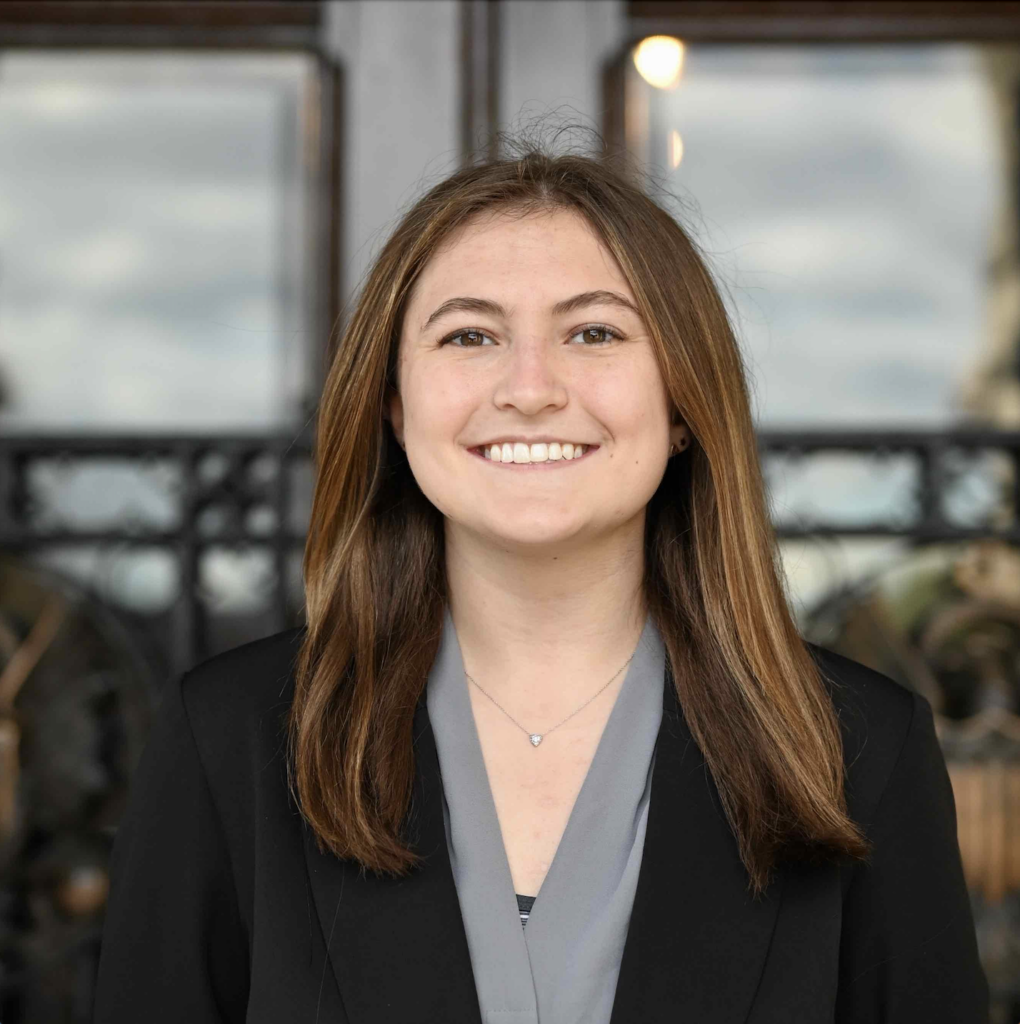
Tessa Block (CAS‘25)
Biochemistry Major
Medical Humanities Minor
As a STEM major, this minor and department ensure I don’t boil my education down to molecules or equations. It asks me to engage with what it means to be human; it asks me to engage with humanity.
Alumni Perspectives
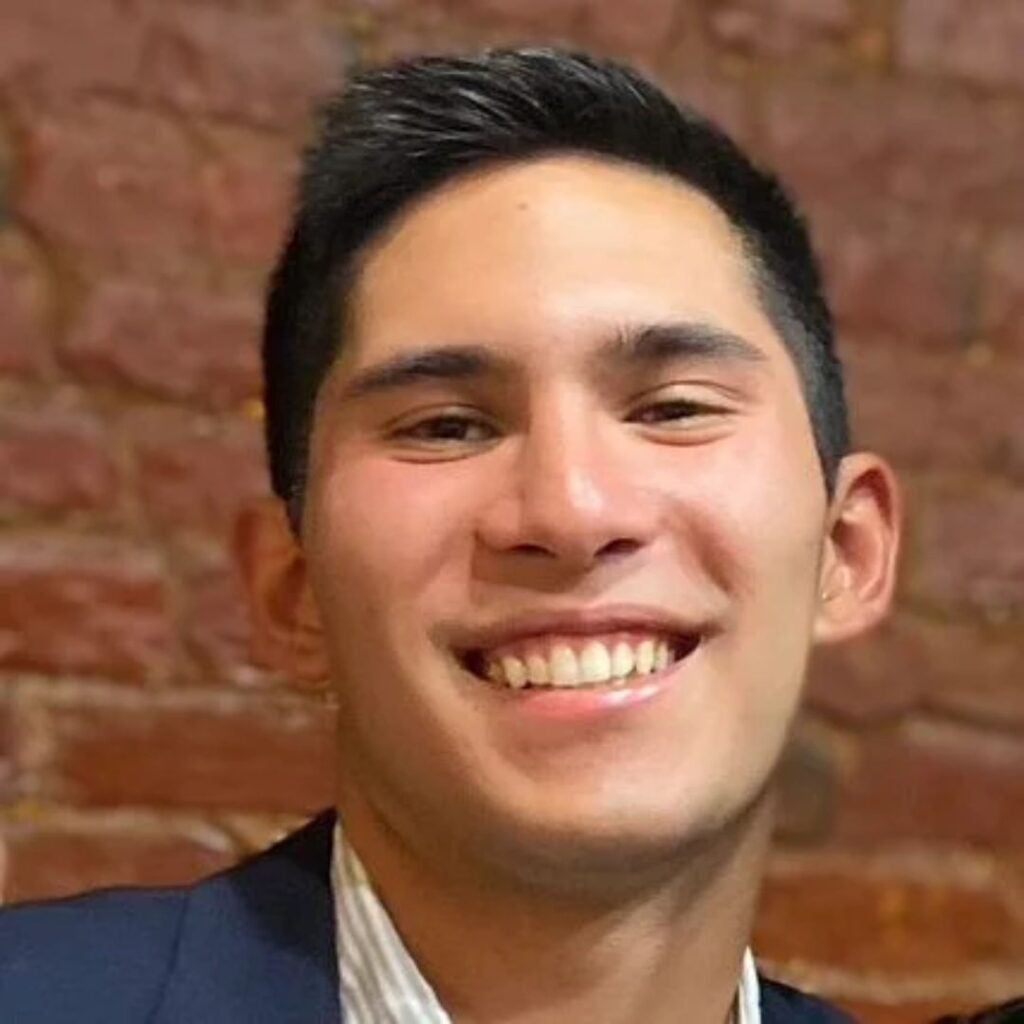
Jacob DeAnnuntis (CAS’23)
Biology of Global Health Major
Intro to Medical Humanities is easily one of my favorite courses that I’ve taken at Georgetown. . . . [Through it] I realized how vast the field of medical humanities really is, with medicine being influenced by history and culture at every turn.
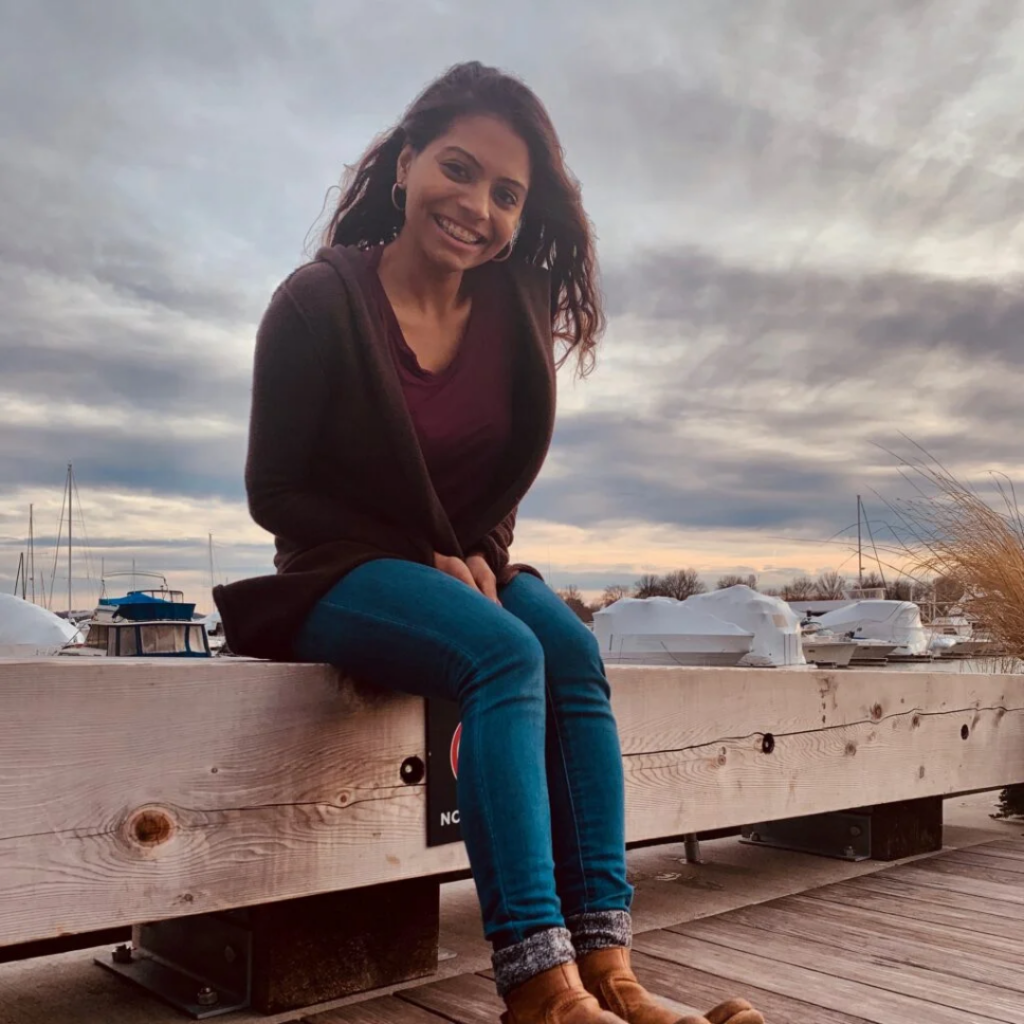
Siva Rajamarthandan (SOM’23)
Medical Humanities cultivates the skills and passion to look beyond the scientific picture and honor the dignity of the whole person. It is impossible to navigate this interdisciplinary field without learning that human understanding thrives not just through experience, but even in our imaginations. All the teachers in this program inherently nurture and challenge their students to embrace patients’ glaring stories and nuanced symbols with resilience, humility, compassion, and hope.
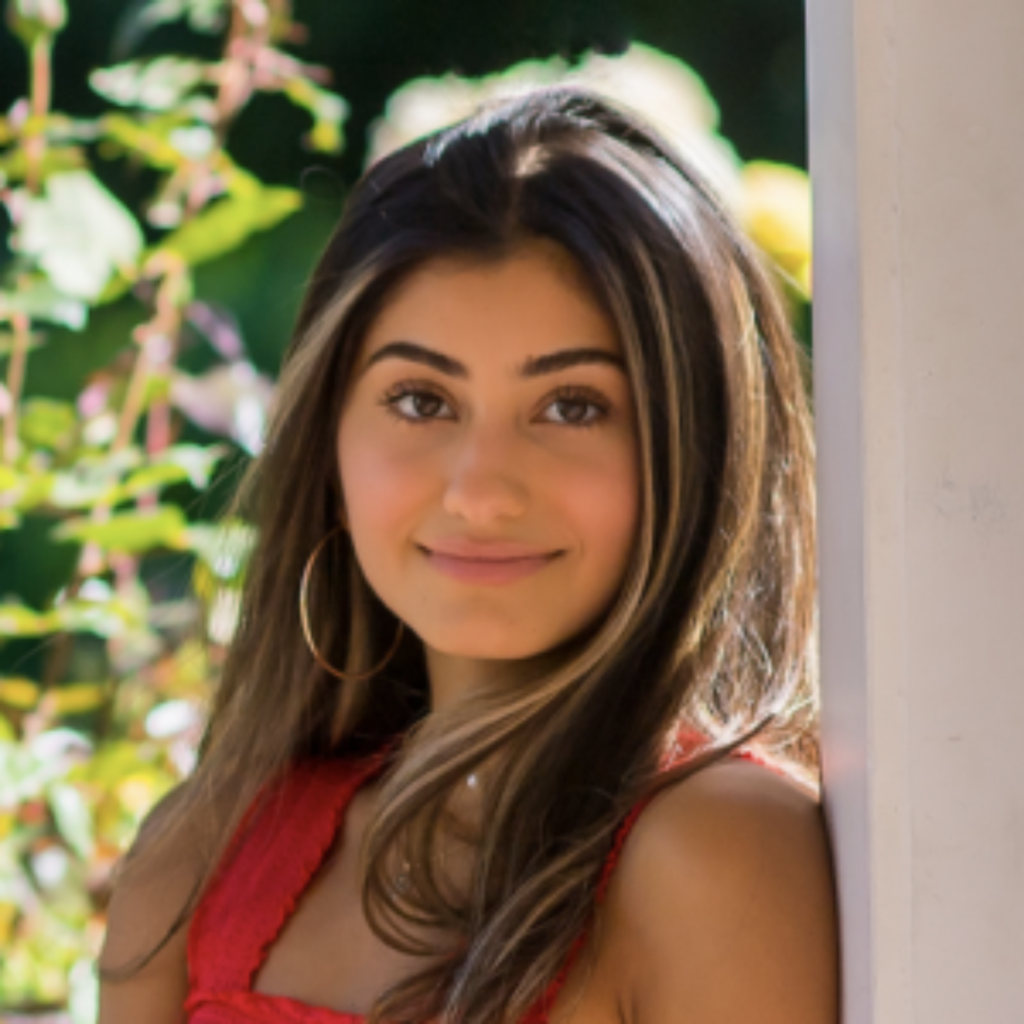
Kayla Zamanian (SFS’23)
Science, Technology, and International Affairs Major
I wish I had found this field sooner. For the longest time, I felt pressured to choose between my gravitation towards history, literature, and philosophy and my curiosity about infection, disease, and the hard sciences. The medical humanities reveal not only that these interests go hand in hand, but that they are actually indispensable to one another.

